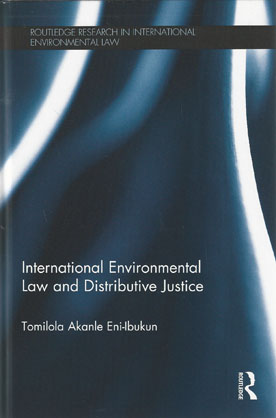
The Clean Development Mechanism (CDM) is one of the "flexibility mechanisms" defined in the Kyoto Protocol and is an essential part of the current climate change regime.
The CDM has been constantly evolving in order to ensure that it fulfils its objectives of mitigating climate change and contributing to sustainable development in developing countries. The first CDM project was registered in 2004 and there are now about 3,500 registered projects, expected to reduce over 500 million tonnes of carbon dioxide annually and over 2 billion tonnes by the end of 2012. Nevertheless, the CDM is still not perfect, and one of its main problems is the inequitable geographic distribution of projects among developing countries.
Although there are currently 123 developing countries that are eligible to participate in the CDM, only 69 countries do so. Of this number, four countries (China, India, Brazil and Mexico) account for about 75% of the projects in the CDM pipeline and most of the 69 host countries host just 1 or 2 projects. Understandably, this is a problem that countries are very keen to address, and since 2001, even before the first project was registered, countries have been highlighting the need to ensure that projects are equitably distributed among participating countries.